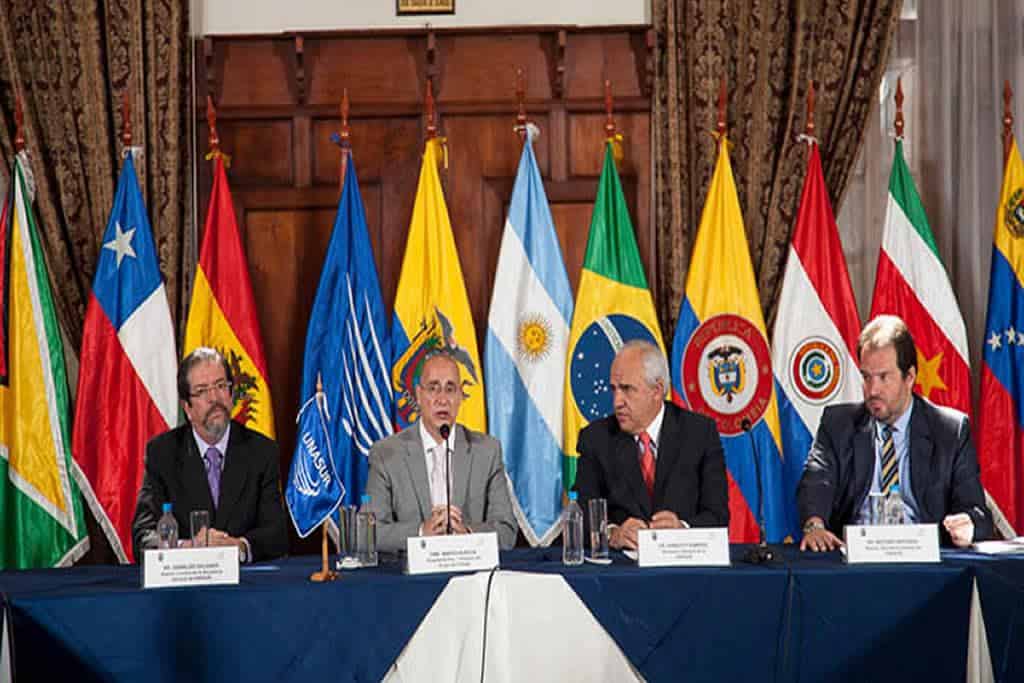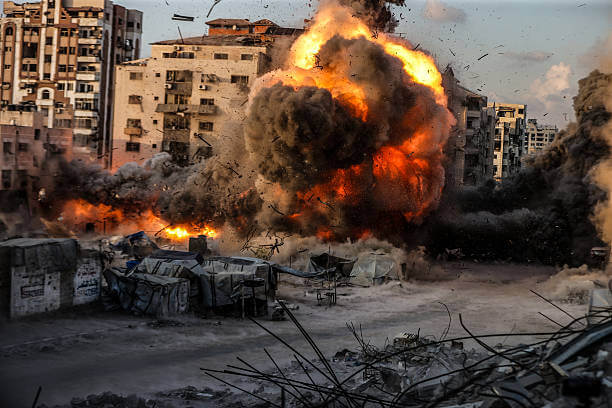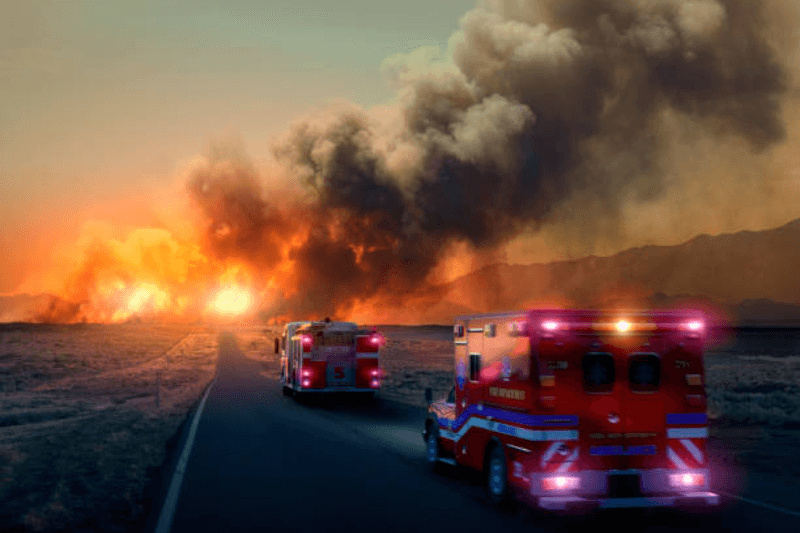
Latin American governments are turning autocratic during the quarantine
Last updated on February 28th, 2023 at 07:36 am
Amnesty International has condemned the repressive measures used in the wake of the coronavirus pandemic in Latin America, which has disproportionately impacted marginalised groups.
Amnesty International came out to condemn the use of excessive force and repressive measures being used across the Americas in order to enforce the quarantine. It cited over 60 incidents collected with its Crisis Evidence Lab and regional experts in the region over the past seven weeks to illustrate the point. This includes arbitrary detention of people seen defying quarantine, use of unnecessary force in enforcing lockdown and imposing mandatory quarantine under inhumane conditions. These measures are affecting marginalised people like the homeless, refugees and migrants disproportionately.
“The footage we have verified from across the Americas since late March provides worrying indications that governments are reverting to the kinds of repression we documented in 2019 and earlier, but this time to enforce pandemic-related public health measures,” said Erika Guevara-Rosas, Americas director at Amnesty International. “While COVID-19 affects us all, it does not affect us all in the same way. Many of those who face repression in the Americas are marginalized people who need access to food, healthcare and other necessities, not criminalization and ill-treatment. Governments are mistaken if they think repressive measures will protect people from the disease.”
The state of emergency declared in various Latin American countries to quell the spread of the pandemic has given security forces powers of arbitrary arrest, which has become a first resort than the last. The Dominican Republic, for example, has made nearly 27,000 arrests in a month for not adhering to evening curfews. There is also scant information about the conditions in which those arrested are being held and whether they are being given access to lawyers.
Many have been arrested in those countries like El Salvador, Mexico and Puerto Rico as well for stepping out to buy medicine or food and sent to government containment centres. This is especially worrying since many in these countries live day to day and are compelled to venture out in order to be able to eat and provide for their families. The governments here, while taking these punitive measures against them, have not come forward to ensure the availability of food and necessities to all so that they could realistically adhere to the lockdown.
Ongoing protests for lack of food, water and other facilities have continued in many countries despite the pandemic and these are being put down with increasing brutality. In countries like Haiti and Venezuela, which are at the most risk of famine-like conditions, the security forces have been using excessive force to silence dissent, under the garb of preventing public gatherings in light of the pandemic. In Honduras, peaceful protestors have been met with tear gas and firearms.
The conditions of mandatory quarantine of people who either break lockdown or who are returning from other countries have been less than satisfactory in many of the countries in the region. “While authorities may legitimately impose mandatory quarantines in response to COVID-19, governments must ensure humane and non-discriminatory conditions for people subjected to those measures, enact an effective monitoring and review system that safeguards against ill-treatment, and grant those affected access to independent medical advice and legal assistance,” Amnesty has said.
Many of these centres are not appropriate for quarantine, lacking basic necessities of shelter, water and sanitation. Those not even tested are being held with those who may be infected, potentially putting them in harm’s way.
UAE shows solidarity towards migrant workers stuck in coronavirus outbreak




